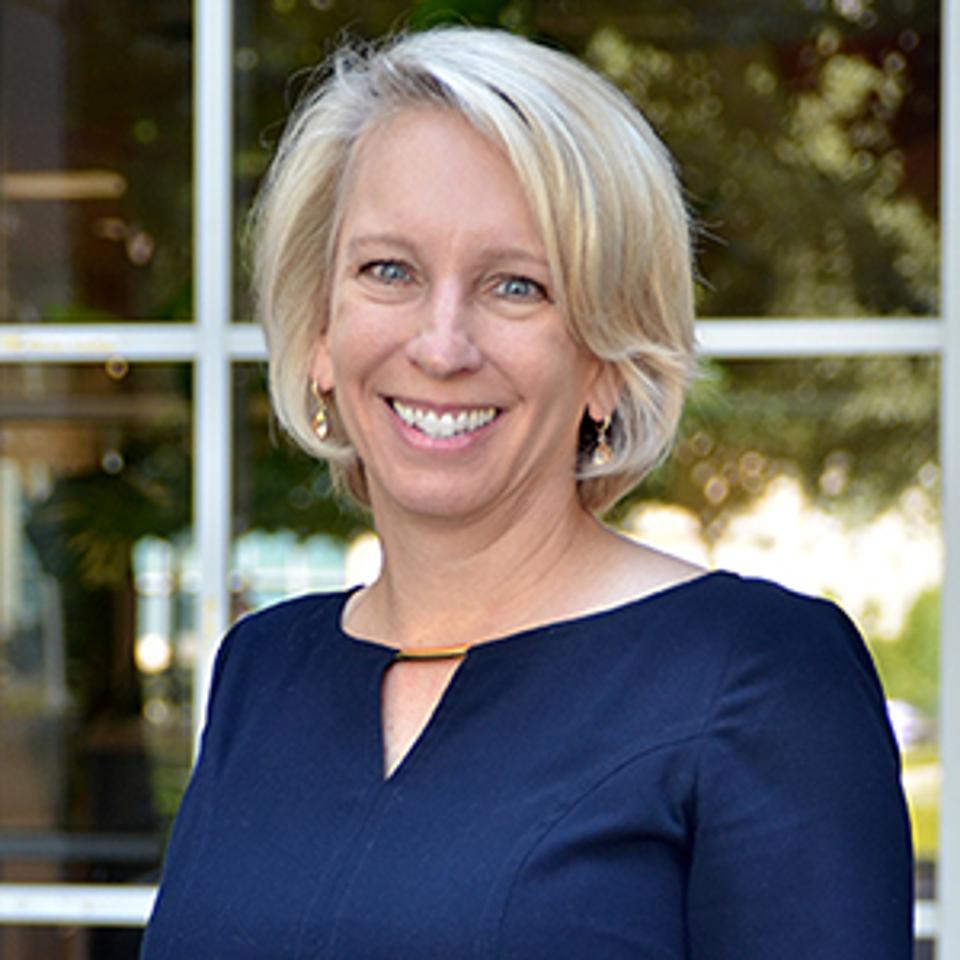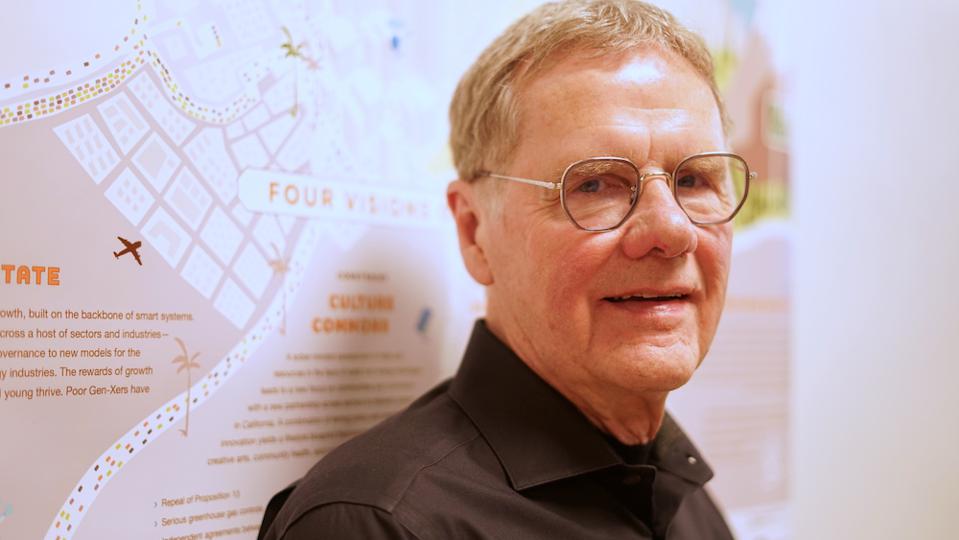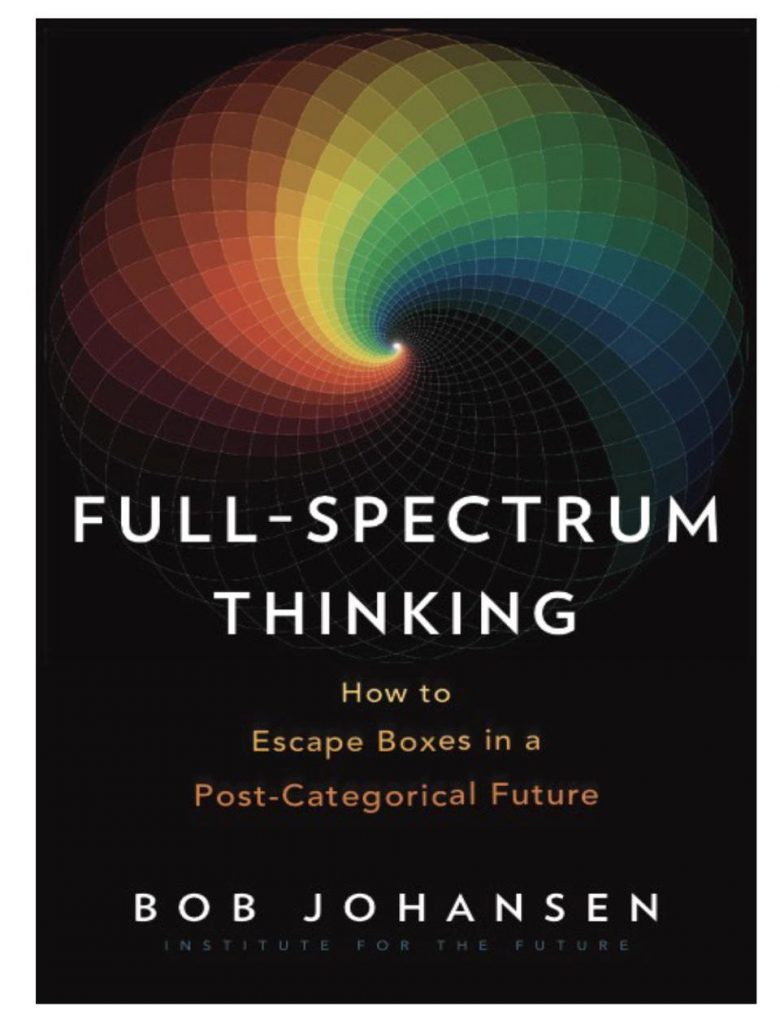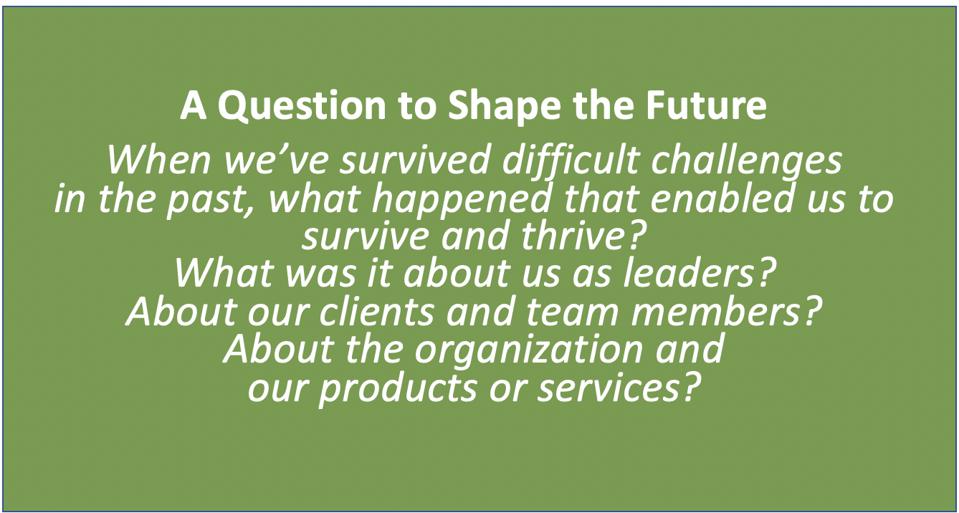“I’m on a taskforce to determine what the future looks like, but everything changes day-to-day and week-to-week. There’s no clear target. Things are so unsettled, and we’re so exhausted from pivoting over and over again that we’re not sure where to turn next.
We heard those words, in various forms, from a dozen different CEOs and business leaders in the last few months. The end of 2020 is in sight, but the pandemic’s end is not. We’re all making decisions with short shelf lives and uncertain impact.
Below, we share three mind-shift strategies that can help you chart a clear path forward for your unique business context.
Three ideas to prepare your company for a post-pandemic
Mindshift #1: Move from chaos to complexity

Mary Uhl-Bien Beyond Covid-19: Three Mindshift Strategies To Chart A Clear Path Forward
We’ve lived in a VUCA (volatile, uncertain, complex, ambiguous) environment for the last 9 months. It can feel like chaos, and no one operates at their best in those circumstances. “I would argue, instead, that we’re now living in complexity,” says Dr. Mary Uhl-Bien, one of the world’s foremost scholars on complexity leadership and a professor of leadership at Texas Christian University.
“We have chaos, complexity, and order,” Uhl-Bien explains. Most people try to drive toward order, because that’s what makes them comfortable. For now, though, Uhl-Bien says, work on making the mental shift from chaos to complexity.
Circumstances move from chaos to complex as more factors become known. It may seem that the coronavirus pandemic makes knowing anything about the future impossible, but Uhl-Bien says that’s not true. “Sometimes we know, and we just don’t like the answer.”
Instead of fighting against the future, reduce turmoil and create order where you can, helping bring your organization back to complexity, not chaos. For example, rather than spending months wondering when you’ll get back into the office, declare your work-from-home policy will last through Summer 2021. That removes uncertainty for people and allows them to plan their personal lives while also giving a foundation for making other business decisions.
Some organizations can even take advantage of this complex moment by finding new ideas that fit the times. “Embrace the complexity” and use it to innovate, says Uhl-Bien.
Mindshift #2: Think “now, future, next”

“Futurist Bob Johansen Beyond Covid-19: Three Mindshift Strategies To Chart A Clear Path Forward”
Our brains like certainty. It’s neuroscience. They are constantly trying to predict what will happen next, in order to protect us,” says Dr. Bob Johansen, a futurist with the Institute for the Future. But when the immediate future is difficult to predict, as it is during the Covid-19 pandemic, leaders can reach greater clarity by thinking longer term.
What you need in the middle of a crisis is the North Star that gives you clarity.”
Johansen recommends finding that North Star by thinking about where you want your company to be in 10 years. “It’s often easier to look 10 years ahead, than to look one or two years ahead, especially in a crisis.”

Johansen’s new book helps leaders think past the current crisis to consider future possibilities.
In his new book, Full Spectrum Thinking , Johansen encourages leaders to think “now, future, next” instead of thinking about the most urgent (now) followed by the short term future (next), with little (if any) time left over for the long term future. “I’m suggesting you just change the order. Now, future, next.”
Johansen says to get clear about where you want to be in 10 years, then be flexible about the path you take to get there.
Developing the capacity to think 10 years ahead is a muscle that has to be built. One way to start is to think about your personal life, rather than your business. “Imagine your life 10 years from now, then work backwards.” You can be clear about where you want to be, even while you’re uncertain about the path to get there.
To move forward, “Look for people with clarity and avoid people with certainty.” Johansen offers examples. “Anthony Fauci is clear but not certain. Bill Gates is clear but not certain. The Johns Hopkins researchers who are tracking the Covid crisis are clear but not certain.” Having clarity helps people move in the right direction over the long term.
Investing time thinking about the long-term future also gives your brain a break. It reminds you that the pandemic will end, eventually, and creates a sense of hope and energy about the ultimate outcome of your future.
Mindshift #3: Return to your strengths

Ask simple questions, like this one, that draw from past experiences to find strengths that can.
Our final mindshift is an idea that has been repeatedly helpful to our clients and ourselves: remember, you’ve faced tough circumstances before, and you have existing strengths, capacities, resources, and relationships that can help you succeed again.
While this pandemic may be unprecedented, crises are not. Most leaders in business today successfully navigated the Great Recession. Your business and its people may have been deeply impacted by 9/11, or by the bursting of the dot-com bubble. Even if you didn’t feel the impact of these challenges, you’ve faced other difficult times, and so have your team members.
With that in mind, ask yourself (and your colleagues) this question: When we’ve survived difficult challenges in the past, what happened that enabled us to survive and thrive? What was it about us as leaders? About our clients and team members? About the organization and our products or services?
This question will surface organizational and individual strengths you may have forgotten exist. Catalog those resources, skills, values, and attitudes that made you successful in the past, then ask: How can we bring these to bear in our current context?
Finding a clear path forward
Recently, a financial industry leader told us of a difficult time in his life. To sustain himself, he drafted a series of mantras that he read each morning. “I needed those reminders,” he told us.
Periods of great uncertainty offer great opportunity for transformation. We hope these mind shifts help you identify guiding principles or mantras that make it easier to forge a path to the future.




